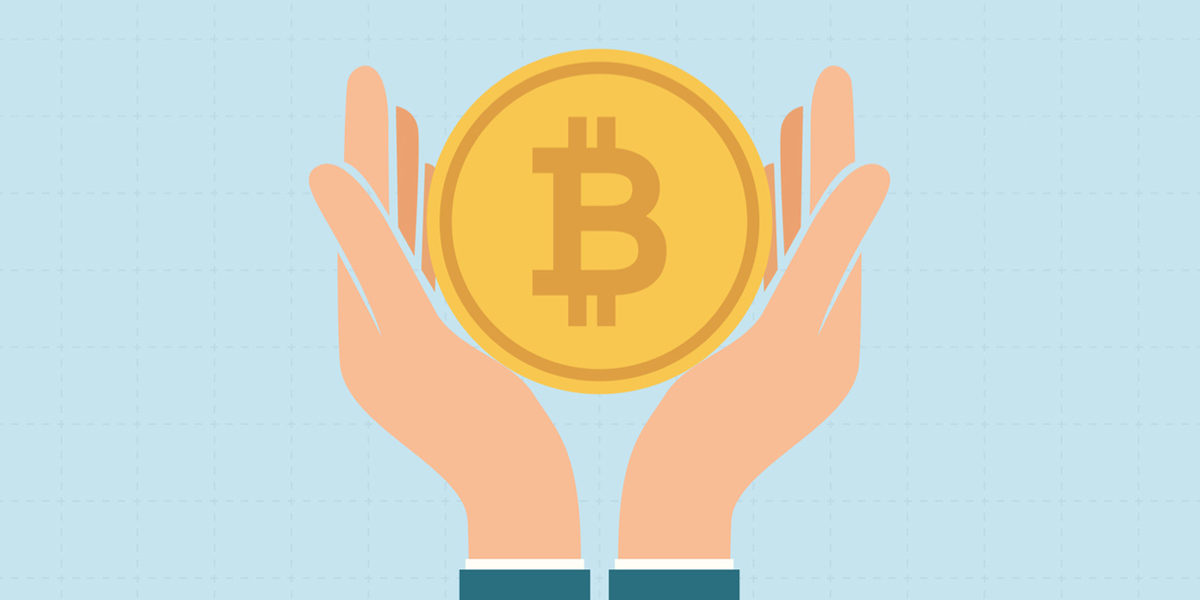Intellectsoft has developed a number of blockchain solutions, and we have started an ongoing series of posts about blockchain, Bitcoin blockchain, cryptocurrency, and smart contracts to provide a deeper understanding of the entire topic.
After examining blockchain technology and Bitcoin blockchain, we tackle another important topic connected to blockchain — smart contracts.
In this post, we give our definition of smart contracts, go through their functions and benefits, and describe various usage cases.
What Are Smart Contracts
A smart contract is computer program code on a blockchain that executes and enforces a set of actions the involved parties agreed upon.
To get the full picture, let’s turn to an example on a blockchain marketplace straight away.
A trader finds a buyer for one of their items. Now, the trader and buyer sign a smart contract with the following logic encoded into it: as soon as the buyer receives their item, their payment is automatically transferred to the trader. Neither of the sides has to do anything: the process is fully automated with code. They just agree upon the terms and put their digital signatures on the smart contract. Other nuances can also be coded into a smart contract. For example, if an item arrives damaged, the trader receives only a part of the sum.
Consequently, if a standard legal contract would include terms of relations enforced by law, a blockchain-based smart contract enforces the relations between all involved parties with cryptographic code.
Unlike a legal contract, a smart contract doesn’t have legal power. Instead it relies on blockchain technology:
- Smart contracts are stored on a blockchain and visible to every node, like a blockchain block. As blockchain is an append-only database (blocks cannot be deleted, only added), all agreements are always open to audit.
- If someone decides to change the contents of a contract, everyone on a blockchain will see it.
- When a smart contract executes an operation encoded into it (for example, transfers the payment), this information is updated to every party. As a result, every party can follow the process of contract execution.
- Nodes validate smart contracts like blocks. If a smart contract is questionable (for example, coming from a node that looks malevolent), it won’t become a part of a blockchain.
Smart contracts can perform the following functions:
- Manage agreements between users.
- Function as multi-signature accounts (payment is sent only when all nodes agree)
- Store information.
The benefits of smart contracts:
- Accuracy. If a smart contract is well-coded, there’s a negligible chance of error.
- Speed. Smart contract automate processes and don’t require any manual operations.
- Fewer risks. Blockchain is a decentralised database, so smart contracts don’t entail the risks, costs, and issues of legal contracts.
- Fewer mediators. Smart contracts remove or gradually reduce the role of trust services providers.
Smart Contracts Usage Cases
Now, we will explore how the usage cases of different complexity.
Small agreements on an existing blockchain
If one needs to arrange small agreements like the example above and they don’t need to do it often, they can create smart contracts on an existing blockchain with smart contracts support. One of them is Ethereum, where the concept of smart contracts was introduced to public.
Smart contracts with more than 2 parties
A company delivers a shipment of products to their client. This time, the order was made to a faraway region, and the company doesn’t have a vehicle or partner in the region to transport the goods safely.
The company hires a transporter. As client trust and a substantial sum of money are at stake, the company wants to ensure everything goes as planned — the goods will reach the client safely and on time.
Here, smart contracts become the solution. All parties create and sign an agreement with the following logic:
- The transporter is paid their share when the goods are safely delivered to the client.
- The client’s payment is transferred to the company when the client confirms that the goods are safely delivered within the set deadline.
Smart contracts in crowdfunding
Crowdfunding is an effective, current-day way to raise money. Blockchain-based smart contracts improve it further.
Let’s take the Kickstarter crowdfunding platform as an example.
A company puts out a project they need to raise money for to Kickstarter. The people who are interested in the project will start transferring funds to Kickstarter, which acts as an intermediary. If the project reaches the set money goal, Kickstarter transfers to the company. If it doesn’t, the funds go back to the investors.
Blockchain-based smart contracts translate this logic into code and eliminate the intermediary, automating the entire process.
***
Smart contracts are a relatively new approach to business operations. As of today, each business case requires a custom solution for the most effective outcome.
As smart contracts continue gaining traction in various industries, the upcoming years will bring out the following possibilities:
- Custom smart contract templates for different industries and usage cases.
- Smart legal contracts — documents that combine smart contracts and standard legal contracts, as well as a legislative base to allow businesses use them.
- Smart contracts that leverage IoT to automate complex business processes.
We will dedicate our next post to how smart contracts work with IoT and explore different examples in detail, as the convergence of smart contracts and IoT is already happening in a wide range of industries.
Meanwhile, if you are already considering deploying smart contracts on blockchain in your enterprise, get in touch with us. We have already helped our clients with impactful blockchain-based software and can create smart contracts tailored to your business operations.


